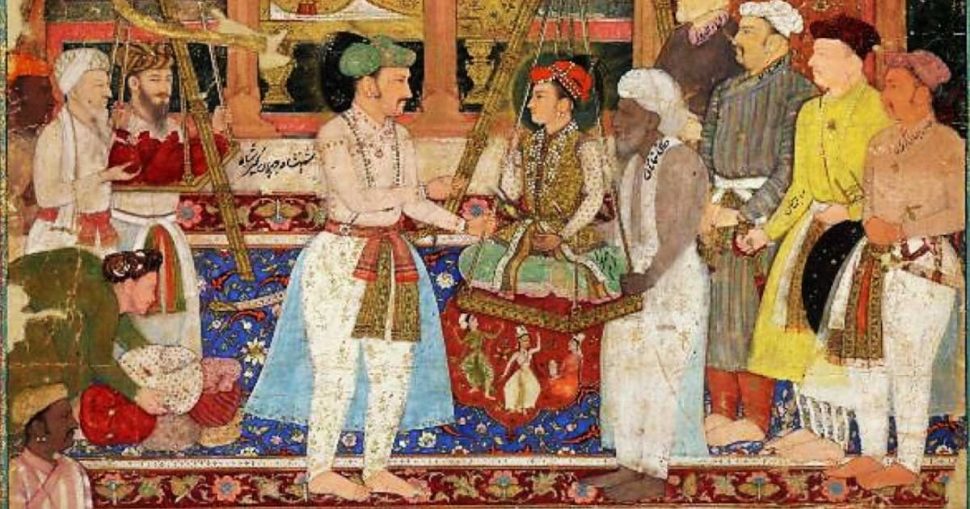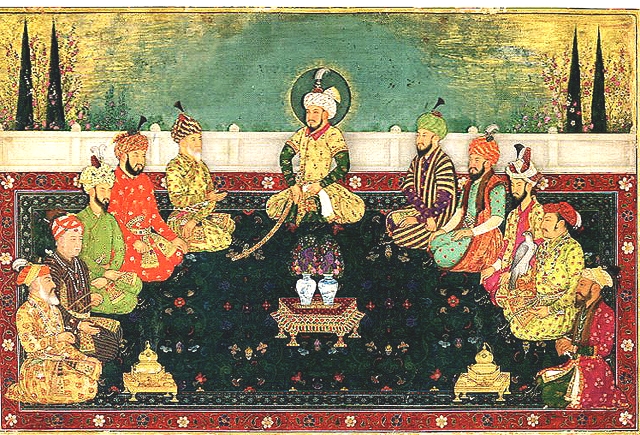Mughals, alternatively spelled as Mogul, is the Turkic-Mongol origin Muslim dynasty that ruled swathes of northern India from the early 16th to mid-18th century. It ruled over North India successfully for more than two centuries and its rulers proved their mettle with the administrative acumen. Mughals attempted to integrate Hindus and Muslims into a United Indian State.
How was Mughal dynasty founded?
The Mughal dynasty was founded by the Turkic prince named Babur who reigned from 1526-30. Babur was the descendant of Turkic conqueror Timur or Tamarlane on his father’s side and second son of the Mongol ruler Gengis Khan, on his mother’s side.
Muslims in India:
Muslims were there in India long before the Mughals. Muslims set foot in India for the first time in 8th century. In the first half of 10th century, a Muslim ruler of Afghanistan invaded Punjab 11 times but secured no significant political success. However, they plundered India with all their might. Followed by this, a more successful invasion came at the end of the 12th century which eventually led to the formation of Delhi Sultanate. A later invasion, which took place in 1398, devastated the city of Delhi. The descendants of the Mongol empire established the Mughal empire in India. Previously, they were living in Turkestan who assimilated the culture of Middle East coupled with the elements of their far-eastern roots while ruling India. Mughals have inherited their great military skills from their Mongol ancestors and were the first Western Military leaders to use guns.
What are reasons of Babus looking to establish his territory in India?
Babur was ousted from Central Asia from his ancestral domain and looked east to conquer India to satisfy his wrath. Babur was unsuccessful to annex Samarkhand and after such three unsuccessful attempts, had lost all his hopes that he will ever be able to fulfil his wish. In 1526, he successfully gained control over the Punjab region by routing the forces of the Delhi Sultan Ibrahim Lodi at the first battle of Panipat. There is one more reason why Babur could not ignore India because it was replete with wealth. Also, the dysfunctional political system in India made a leeway for Babur to legitimise his claim with the support of local rulers.
After the year 1505, to meet the expectation of the followers expecting rewards after he became the ruler, he levied heavy taxes on people. It attracted revolts but Babur again made an attempt to overtake Samarkhand, this time successfully but a brief period from later 1512 to 1513.
The Mughal empire fell in shambles because Humayun was disastrous as a ruler . He, however, channelled his love for poetry and culture into his son Akbar which helped to make the Mughal empire rise in artistic power.






